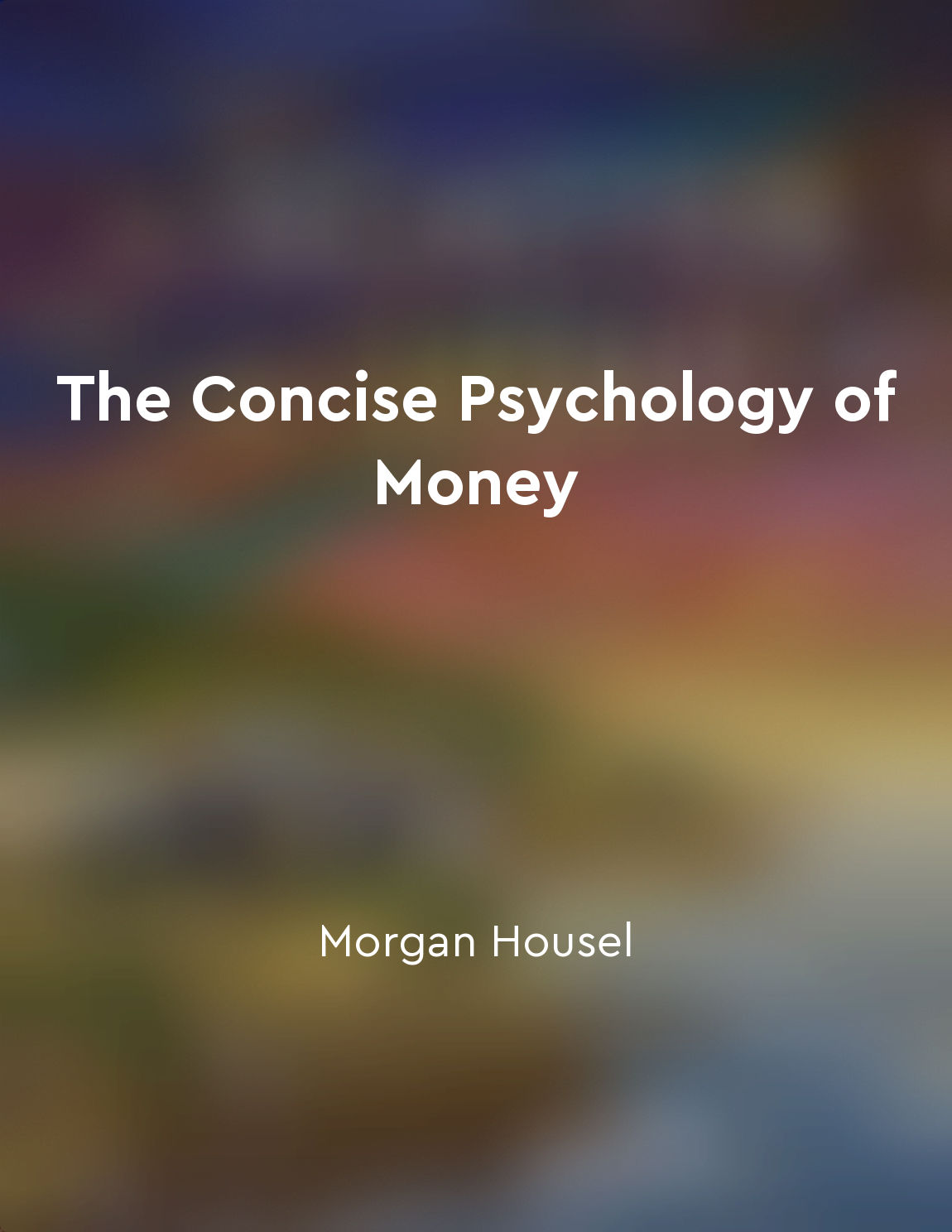Audio available in app
Emotions significantly influence decisionmaking from "summary" of Mind Over Mind by Chris Berdik
The way we make decisions is not as rational and logical as we might think. Emotions play a critical role in shaping our choices, often steering us in directions we may not have anticipated. This is because our emotions are closely tied to our memories, experiences, and beliefs, all of which influence how we evaluate different options and outcomes. When faced with a decision, our emotions can color our perceptions, leading us to prioritize certain factors over others. For example, if we have had a negative experience in the past related to a particular choice, we may be more inclined to avoid that option, even if it objectively seems like the best one. Conversely, if we have positive emotions associated with a certain decision, we may be more likely to choose that path, even if there are potential risks involved. Our emotions can also impact our decision-making process by influencing the way we interpret information. Research has shown that when we are in a positive emotional state, we are more likely to focus on the potential rewards of a decision, while negative emotions can make us more risk-averse and cautious. This means that our emotional state at the time of making a decision can significantly impact the outcome. Furthermore, our emotions can sometimes lead us astray by clouding our judgment and causing us to overlook important information or factors. For instance, if we are feeling anxious or overwhelmed, we may make hasty decisions without carefully considering all the available options. On the other hand, if we are in a state of euphoria or excitement, we may be more prone to taking unnecessary risks without fully evaluating the potential consequences.- Emotions play a crucial role in our decision-making process, shaping our perceptions, influencing our interpretations, and guiding our choices. By recognizing the impact of our emotions on our decisions, we can strive to make more informed and balanced choices that take into account both our rational thinking and our emotional responses.
Similar Posts
Investing in knowledge pays dividends
One of the most valuable investments you can make is in knowledge. This is because knowledge has the potential to pay dividends...
Applying emotional intelligence in the workplace improves overall performance
Emotional intelligence plays a crucial role in the workplace, impacting not only individual performance but also the overall su...

System 2 requires conscious effort and attention
System 2, as I have explained, is the slower, more deliberate mode of thinking that requires conscious effort and attention. Wh...
Practice active listening in conversations
Active listening is a vital skill in any conversation. It involves fully concentrating on what the other person is saying, with...

Rational individuals are open to changing their beliefs in the face of new evidence
In order to be considered rational, individuals must be willing to revise their beliefs when presented with new evidence that c...

Setting clear financial goals can provide direction and motivation for achieving them
When it comes to managing money, having a clear sense of direction is crucial. Setting specific financial goals can act as a gu...
They don't worry about pleasing everyone
Instead of trying to make everyone happy, mentally strong people understand that it's impossible to please everyone all the tim...
Seek professional advice when necessary
When it comes to managing your finances, it is crucial to know when to seek help from a professional. While it is important to ...
The impact of technology on modern dating
The way people date today is completely different from how they did it in the past. Technology has fundamentally changed the da...

Money is not just about numbers
Money is a highly emotional topic for many people. It's not just about the numbers in your bank account or investment portfolio...

